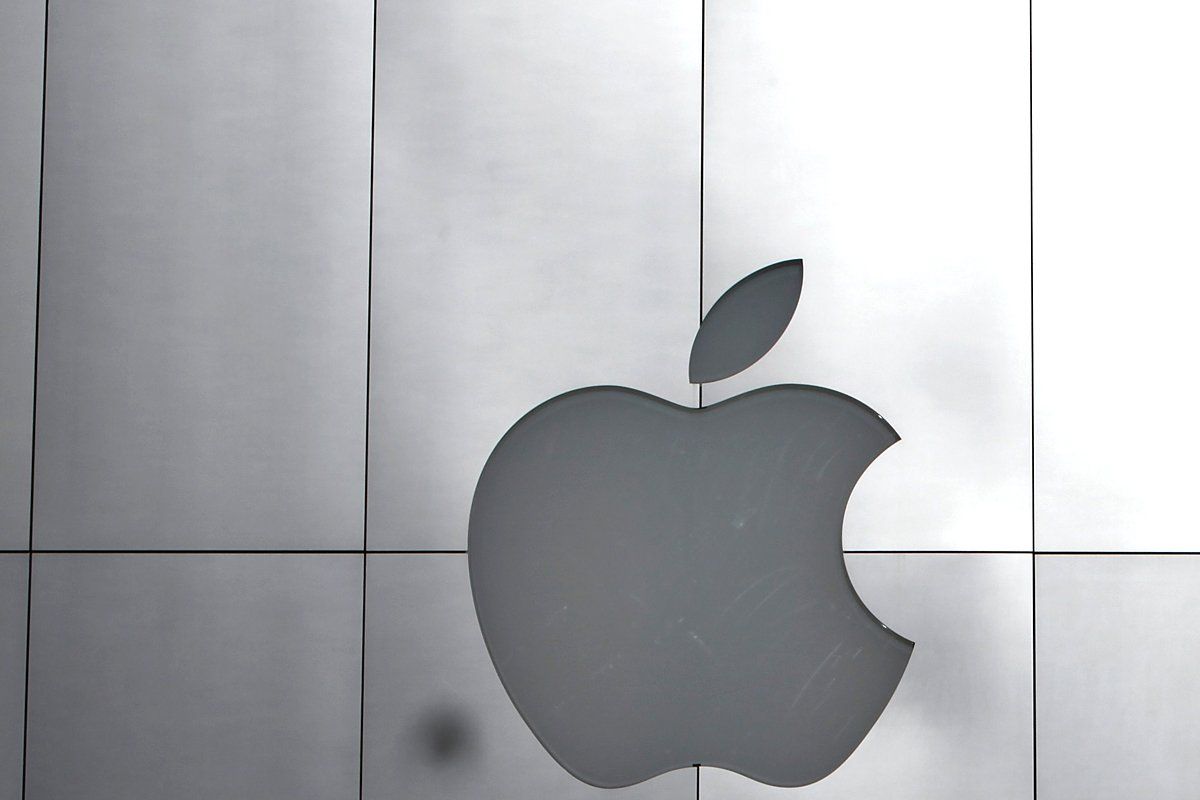
Content is supposed to be king. But in the world of electronic devices, Apple seems to be placing the crown on its own head, apparently believing that its iPad and iPhone are more important to customers than the books, movies, and music they store on them.
That's the only explanation I can find for Apple's brewing battle with Amazon and other companies that sell e-books for the iPad. Apple is imposing a rule that will make it all but impossible for booksellers to offer their wares on its platform without losing money. It seems to believe that Amazon and others will put up with this. And even if they withdraw from its platform, Apple seems not to care. It's betting that people love their iPads so much they'd accept a narrower choice of content rather than switch to a different device, like Amazon's Kindle. And it could be right.
This all started because booksellers found a clever way to sidestep Apple's rules about selling stuff on its platform. If a developer wants to sell something via an iPad app—it's called an "in-app purchase"—the transaction must go through Apple, which keeps 30 percent of the money and passes 70 percent on to the developer. Here's what Amazon and the others do: when you order a book using, say, the Kindle app on the iPad, you're taken to a Web browser and the transaction takes place there, not inside the Kindle app itself. That way the 30 percent doesn't go to Apple.
Until recently, Apple put up with this. No longer. The new deal says that if you want to sell books from outside your app, that's fine—as long as you make it possible for customers to buy from within it, too.
Some people may still use the Web-browser workaround. But most will probably not bother, because Apple's in-app method is more convenient. Why schlep over to a browser to buy your book if you can do it where you already are?
And that's a disaster for booksellers. On sales that go through Apple, they will make little or no profit—or worse. "We would lose $1.15 on every book we sell. It's preposterous," says Dennis Morin, CEO of BeamItDown Software in Irvine, California, which makes an e-book app called iFlow Reader and sells books via its own online store.
Morin says Apple assured him he would be able to sell through a browser and avoid the 30 percent fee. That's what he has been doing. But he says that if Apple starts enforcing the new rules, "I've wasted a year of work and more than $1 million developing this. I'm so angry I can hardly see straight." Morin says he's contacted Apple for some clarification, but so far can't get a clear answer.
An Apple spokeswoman would not answer my questions and only offered a statement describing the new policy. Amazon declined to comment for this story.
You'd think Apple's lock-in strategy would hurt its business. And someday that may be the case. For now, though, its gadgets are so much cooler than everything else on the market that it can get away with almost anything. In the world according to Apple, content is just a bunch of digital bits, easily copied, nothing special. It's good to be the king.
Daniel Lyons is also the author of Options: The Secret Life of Steve Jobs and Dog Days: A Novel.
Uncommon Knowledge
Newsweek is committed to challenging conventional wisdom and finding connections in the search for common ground.
Newsweek is committed to challenging conventional wisdom and finding connections in the search for common ground.
About the writer
To read how Newsweek uses AI as a newsroom tool, Click here.





